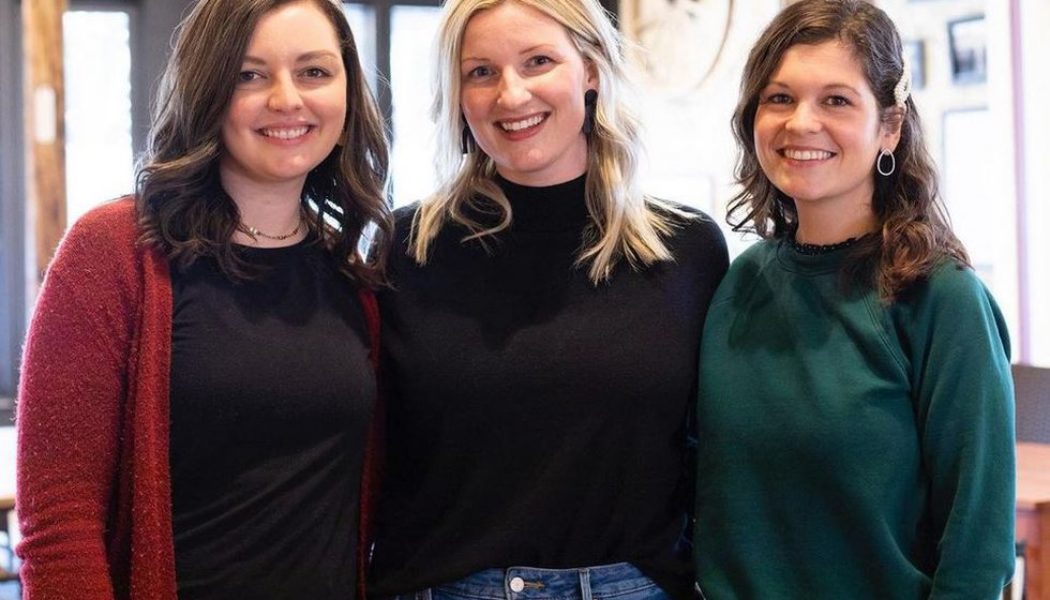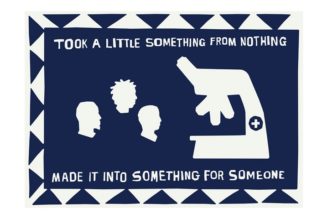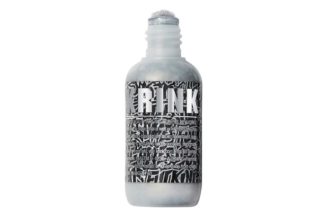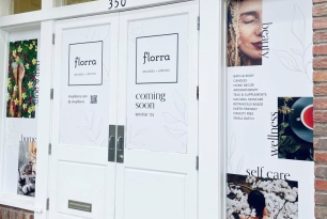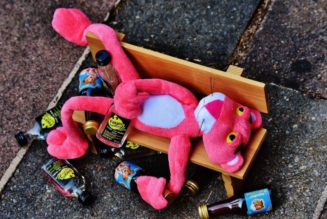MADISON, Wis. (WMTV) – Wisconsin is well known for its heavy drinking culture, but for many Madisonians, the conversation around booze is starting to shift.
One group that offers support to people looking to quit or cut back on their drinking is New Fashioned Sobriety.
“We’re not a traditional recovery group, we’re more centered around community and connection and forming friendships,” said Nicole Peaslee, a founding member of New Fashioned Sobriety.
Nearly four years ago, Peaslee found herself at a crossroads with alcohol. “For a few years I was questioning my own drinking. I just felt like I was limiting myself,” told Peaslee.
“My decision to quit drinking at the age of 30 was I was picturing my life at 40 or 50 and I didn’t like what it looked like. That made me really, really sad.”
NEW FASHIONED SOBRIETY
The Madison-native created a private Instagram account where she could connect with other sober people online. “I wasn’t necessarily looking for like a program, I was just looking for connection with other people,” explained Peaslee. “I needed to hear other people’s stories and understand how they were doing it themselves.”
The sober Instagram community connected her to Sarah Patnaude and Jenny Peabody, two other sober women living in the Madison area.
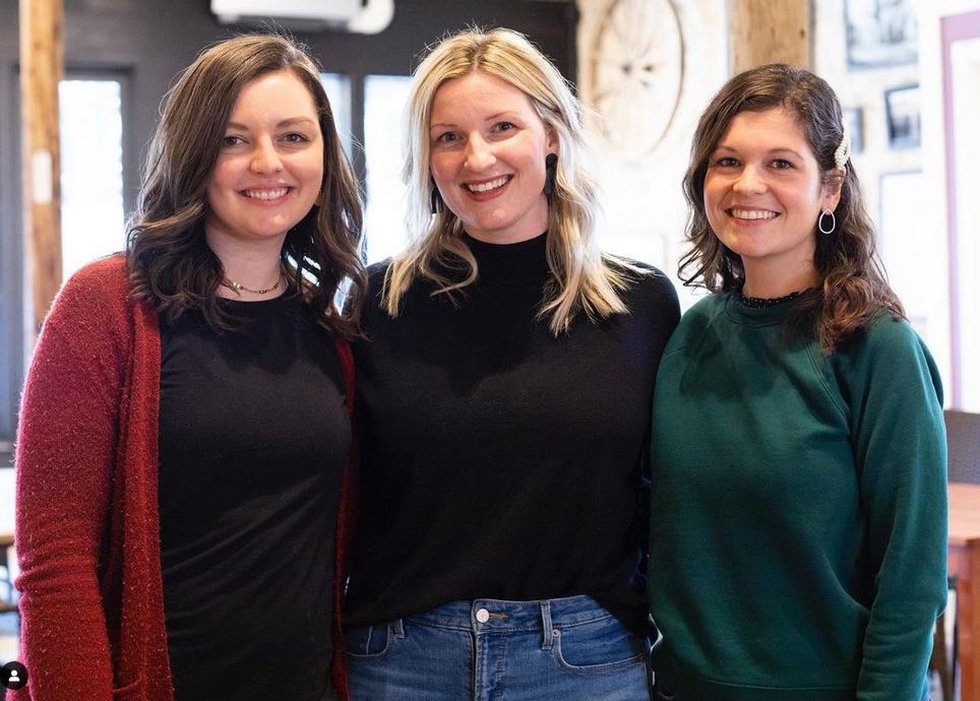
In January of 2020, the trio decided to form New Fashioned Sobriety via an Instagram account. The concept was simple: hang out with other sober people, share your story if you’d like, and support one another.
The COVID-19 pandemic hit shortly after the group’s creation, so they instead hosted hangouts via zoom. This helped them reach people not just in Wisconsin, but across the country.
When the spread of COVID-19 started to ease, the group was able to begin hosting in-person meet-ups as well, like hikes, visits to coffee-shops, craft nights and more.
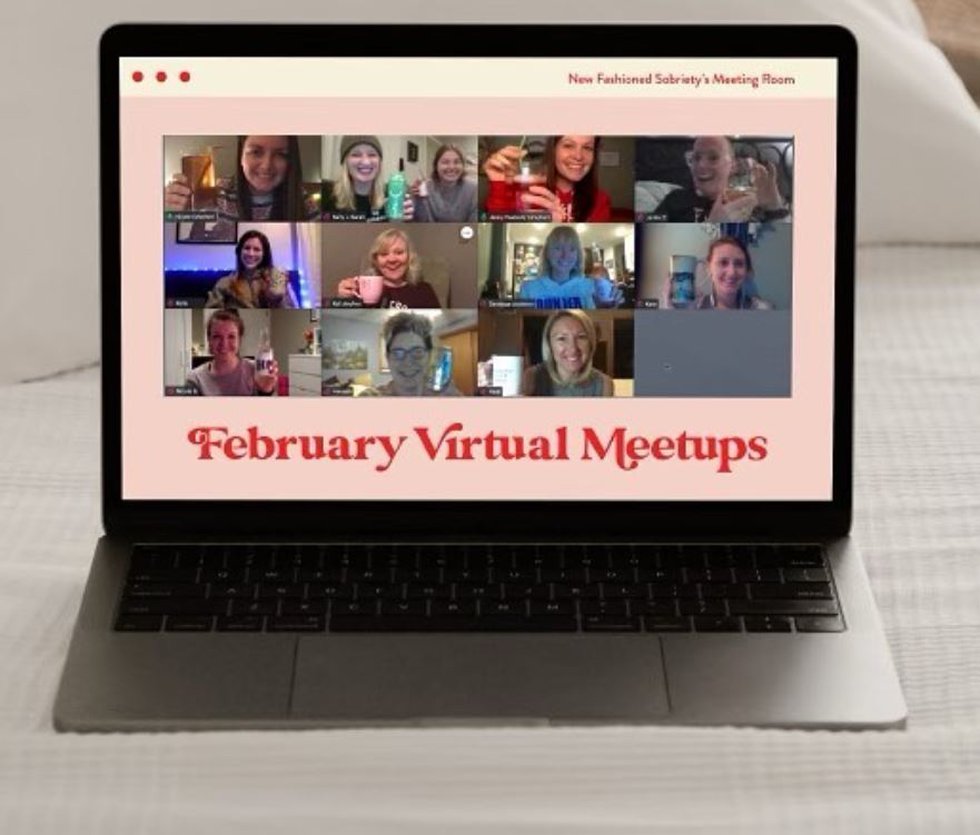
Today the account has grown to more than 2,500 followers and Peaslee hopes to host meetups in the Madison area monthly this year.
“I would just encourage anyone who is thinking about it or feeling like they desperately need it to reach out, because it’s a really beautiful life that I highly recommend,” said Peaslee.
A SHOT AT SOBRIETY
At Blind Shot Social Club on Madison’s east side, owner Michelle Duvall is shaking up the bar industry.
She has created what she claims is Wisconsin’s largest mocktail menu. “We can still have a fun, sophisticated drink but that doesn’t necessarily need to include alcohol,” said Duvall.
When Duvall and her husband opened the bar, restaurant, and indoor golf simulation facility in 2021, she made sure there were options for non-drinkers beyond water and soda.
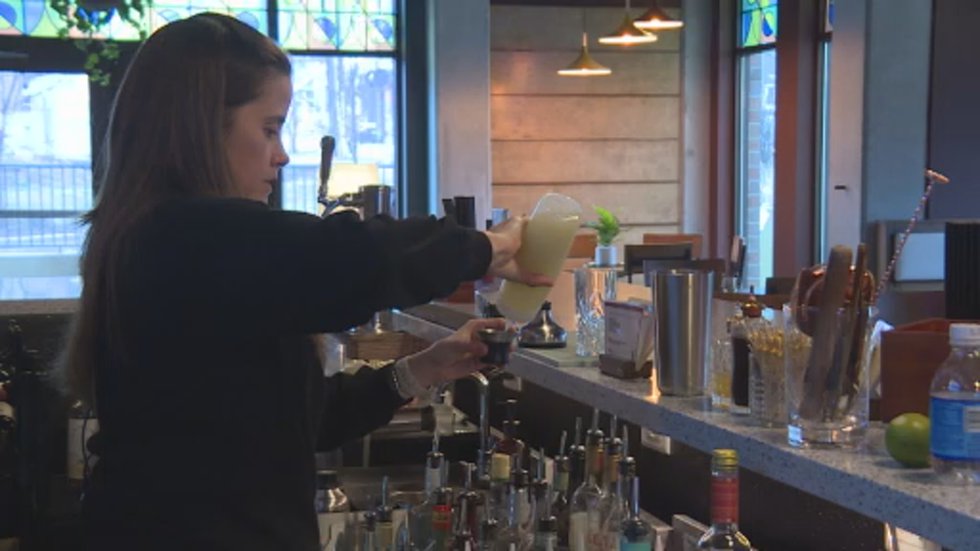
“In the middle of 2021, you know pandemic is still going on, people have maybe been drinking a lot more than they’ve wanted to or starting to reevaluate their relationship with alcohol or why they’re drinking. Suddenly you’re seeing a lot of people coming forward interested in non-alcoholic products,” told Duvall.
For Duvall, this is a personal endeavor, as she is nearly nine years sober herself.
“Bartending, coming to college, through all of that I just started drinking quite a lot, like way more than I needed to or should and I got to a point in my late 20′s where I was like alright I just can’t continue at this pace. So, I just quit drinking all together, but bartending, restaurants, that’s been my whole world. That’s what I know how to do. So, I was able to still maintain bartending jobs and restaurant managing jobs and whatnot, just without drinking.”
There are 13 non-alcoholic cocktails on Blind Shot’s drink list and Duvall expects it to grow, along with the demand.
“People are more interested in this. You’re getting more local products being made as far as non-alcoholic beers from local breweries, non-alcoholic spirits from local distilleries. It’s just climbing up and up.”
GETTING STARTED
This shift in drinking culture is encouraging for UW Health’s Dr. Elizabeth Salisbury-Afshar. “I’m hopeful that moving forward we’ll start to have a more inclusive environment for folks who are trying to abstain, whether it’s because they have alcohol use disorder, or just for broader health reasons regardless of the cause,” said Salisbury-Afshar.
The addiction specialist says nevertheless, heavy drinking is a large part of Wisconsin having higher rates of alcohol use disorder in adults, adding that there are particularly high rates of binge drinking in 21- to 35-year-olds.
“Unfortunately sometimes people want to know an exact cutoff and the reality is you know we see 30-year-olds in the hospital who have liver failure and will die if they don’t get a new liver and we see other 30-year-olds with similar drinking patterns who have liver damage, but maybe aren’t at the same point,” explained Salisbury-Afshar.
She said for people who are looking to quit, consulting with your doctor is a great place to start. She also said addressing your mental health goes hand-in-hand with changing your drinking habits. “There are times when maybe someone’s first step is getting into some counseling to develop some other skills or coping techniques to manage that depression or anxiety and as we start working on that then cutting back on alcohol use becomes much easier.”
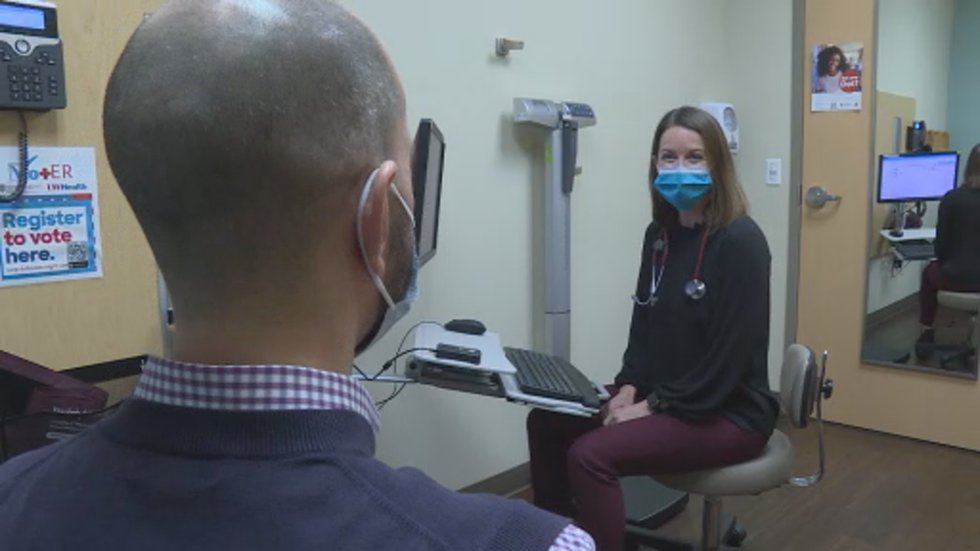
Salisbury-Afshar said in addition to bettering your mental health, there are many physical health benefits that can come from abstinence.
“We know that folks who have high blood pressure or diabetes have better control when they abstain from drinking or an extended period of time. Even just one month of stopping drinking can help people get their blood pressure, diabetes under better control and they’ll often feel like their sleep quality is much better.”
She said if someone finds themselves unable to cut back or thinking constantly about drinking, those are signs that more professional help may be needed, like counseling or in-patient care.
“The diagnosis of an alcohol use disorder, addiction to alcohol, is really more about the behaviors and the symptoms that somebody has, which can include things like constantly thinking about wanting to drink, using alcohol and having it lead to negative consequences and that can be even people who drink intermittently.”
Dr. Salisbury-Afshar added that for people who have long-term, heavy alcohol use, trying to go cold turkey can be dangerous. In this case, the person may need to have a medically managed withdrawal so they can get through it safely.
ENCOURAGEMENT FROM ERIN
Anchor and reporter for NBC15′s The Morning Show, Erin Sullivan, also shared her personal connection to this story.
She is 1.5 years sober from alcohol and during a discussion on The Morning Show, offered some words of encouragement for others hoping to make a change in their drinking habits.
NBC15’s Erin Sullivan opens up about being 1.5 years alcohol-free as she previews her special report, Rethinking Drinking, airing tonight on NBC15 News at 10.
Click here to download the NBC15 News app or our NBC15 First Alert weather app.
Copyright 2023 WMTV. All rights reserved.
